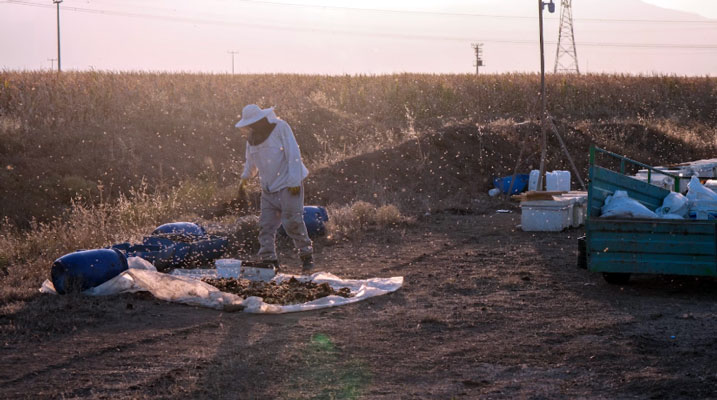Occupational health risks affect millions of workers across the United States, with workplace injuries and illnesses occurring all over Arizona. While these hazards exist nationwide, rural communities face unique challenges in recognizing, preventing, and treating work-related health conditions. Arizona’s rural regions, characterized by intensive mining operations, expansive agricultural activities, and growing construction projects, present occupational health risks that often go unaddressed due to limited awareness and resources.
Occupational Health Risks in Rural Arizona
Rural Arizona’s economy heavily depends on three primary industries that pose significant occupational health hazards. The mining sector, particularly copper mining in regions like Cochise and Pinal counties, exposes workers to silica dust, heavy metals, and potentially asbestos-containing materials in older facilities. With Arizona producing up to 68% of all copper across the United States, the risk of injury and disease is high.
Agriculture is Arizona’s second-largest industry and has its own set of hazards. Farmworkers regularly handle pesticides, herbicides, and other chemicals without proper protective equipment or adequate training. These exposures can lead to respiratory problems, skin conditions, and long-term neurological effects. The combinations of high temperatures, chemical exposure, and physical work create a perfect storm for occupational health issues.
Challenges in Healthcare Access
Rural Arizona communities face significant barriers to occupational healthcare. With fewer access to specialized care than in urban centres, conditions often go undiagnosed. This shortage in specialized care is particularly problematic for occupational diseases like epithelioid mesothelioma, which require oncologists and treatment facilities that are found only in metropolitan areas like Phoenix or Tucson.
Why Awareness is Lacking
More occupational health awareness campaigns focus on urban centers where larger populations and more resources exist. Rural Arizona receives minimal attention from public health initiatives despite having proportionally higher rates of occupational injuries and illnesses. Rural communities are left without essential information about workplace hazards and prevention strategies.
Economic Pressures and Employer Oversight
Small businesses dominating rural Arizona’s economy often lack formal safety protocols due to resource constraints. Unlike large corporations with dedicated safety departments, rural employers may not understand OSHA requirements or have the financial capacity to implement comprehensive safety programs. Workers, fearing job loss in areas with limited employment opportunities, hesitate to report unsafe conditions or seek medical attention for work-related symptoms.
Building Awareness and Protecting Workers
Effective occupational health awareness requires grassroots approaches tailored to rural communities. Local schools can integrate workplace safety education into vocational programs, while community health centers can offer workshops on recognizing occupational disease symptoms. Town halls and community meetings provide platforms for discussing workplace hazards and sharing prevention strategies.
Policy and Advocacy
Stronger local regulations and enforcement mechanisms are essential for protecting rural Arizona workers. County health departments need increased funding and authority to monitor workplace conditions and investigate occupational disease clusters. State and federal support through grant programs can help rural communities develop sustainable occupational health initiatives.
Taking Action for Worker Safety
Raising awareness about occupational health risks in rural Arizona requires immediate, coordinated actions from communities, employers, and policymakers. Every worker deserves protection from preventable occupational diseases, regardless of their location.









